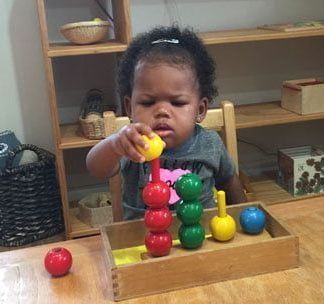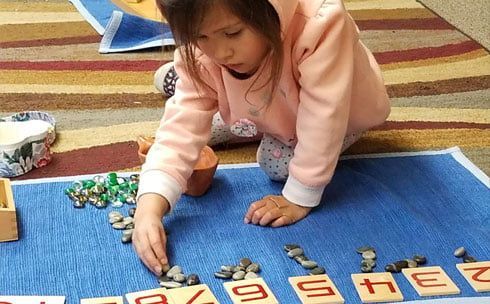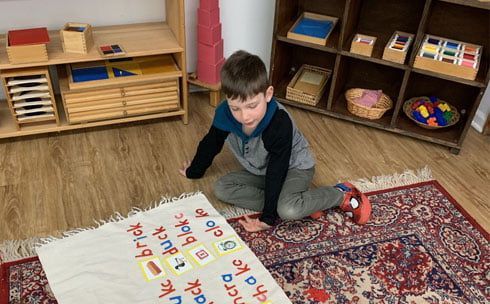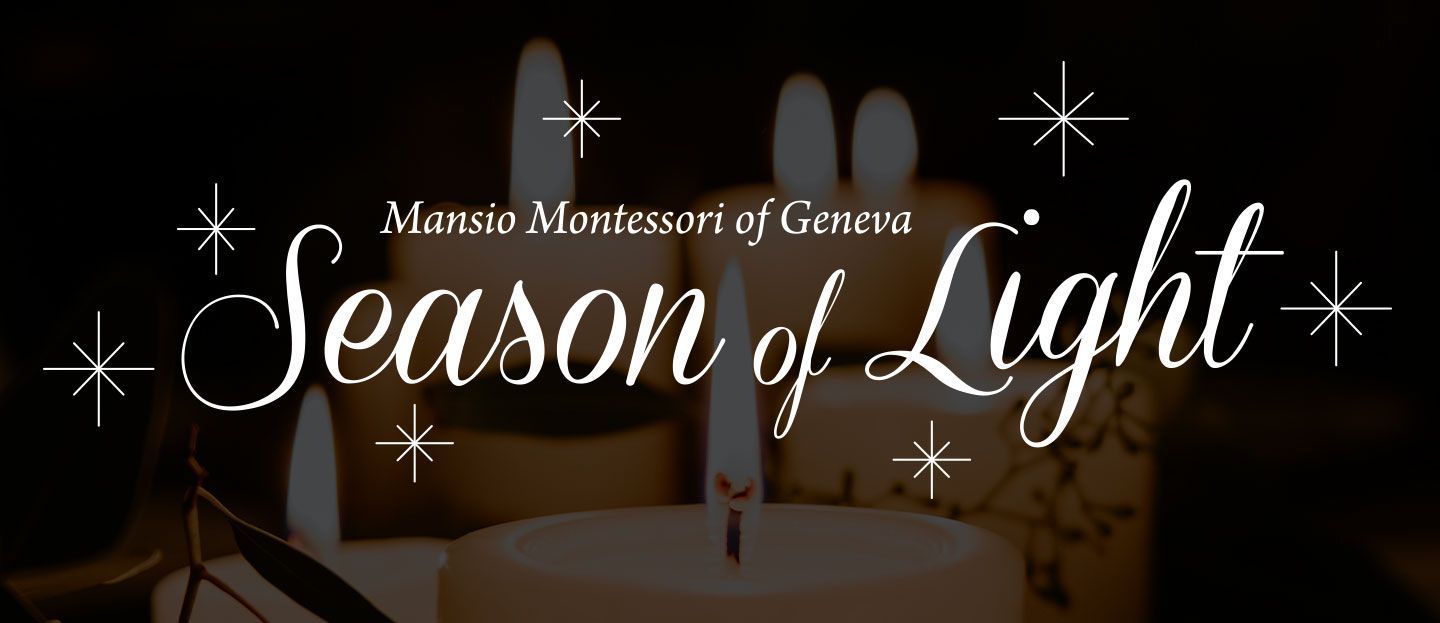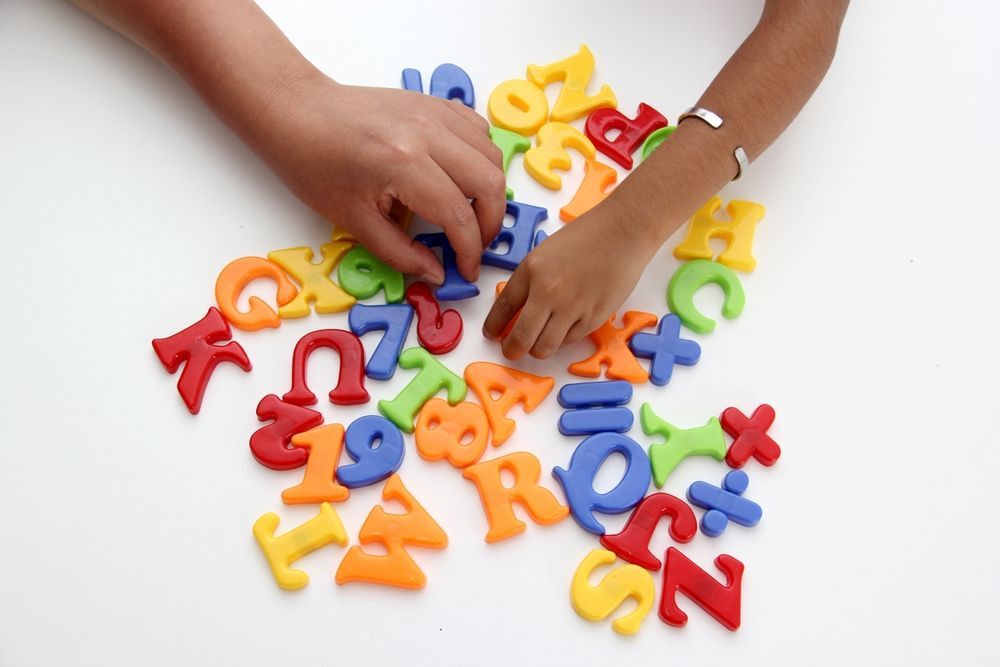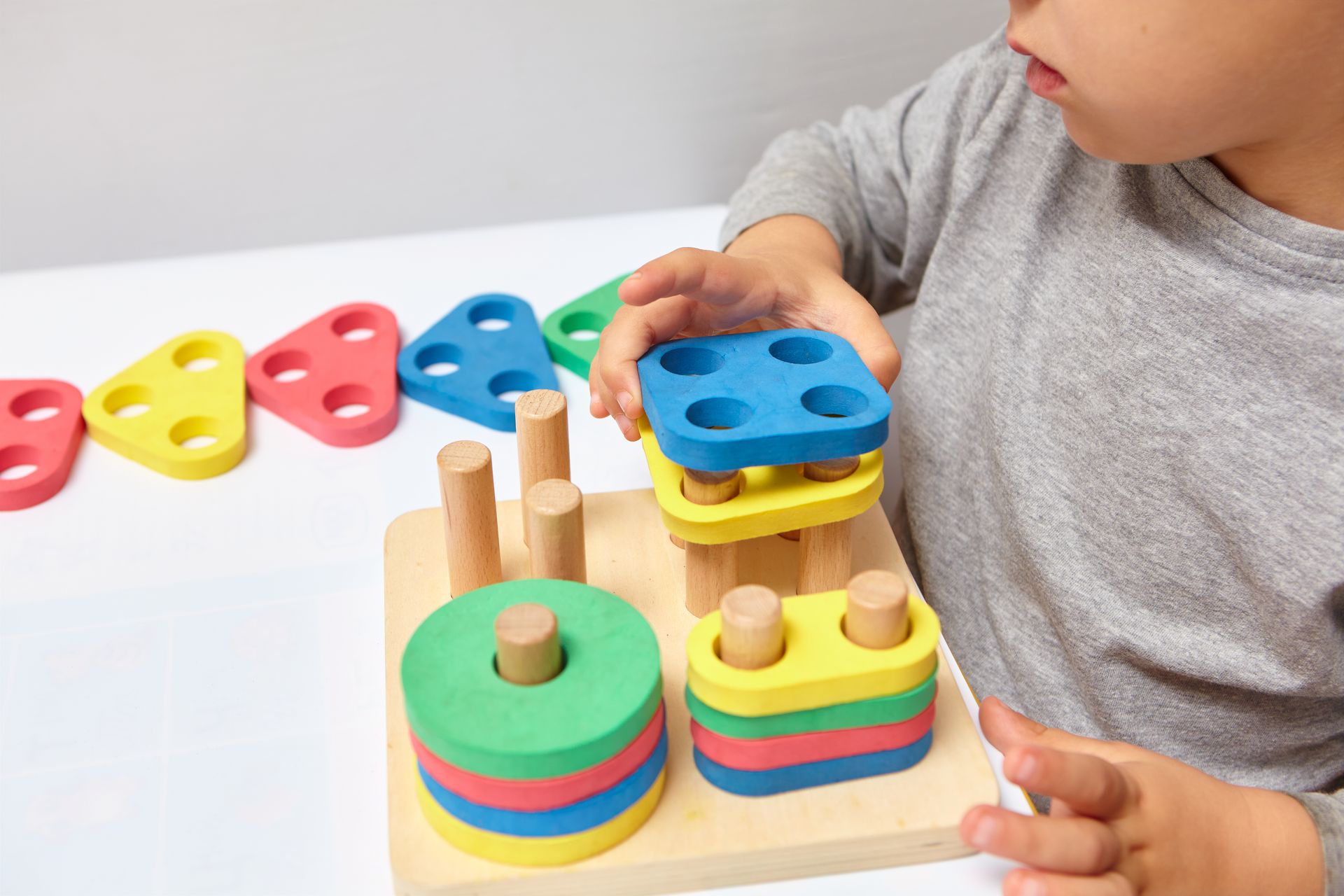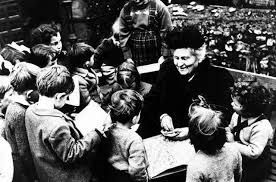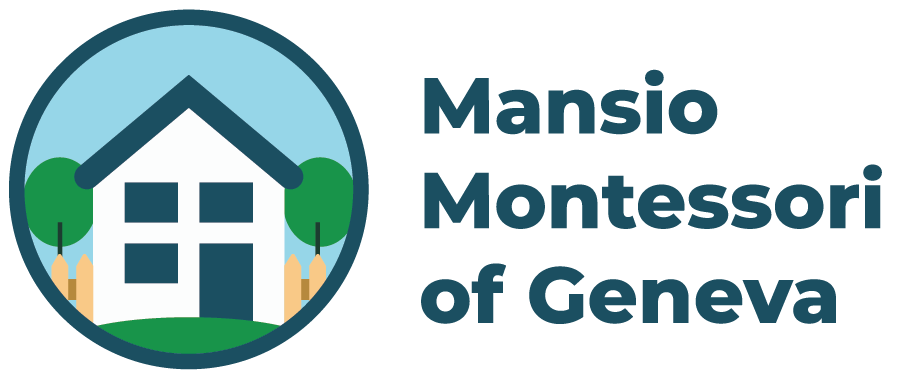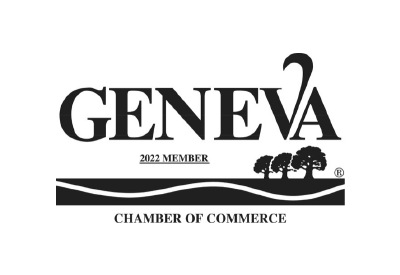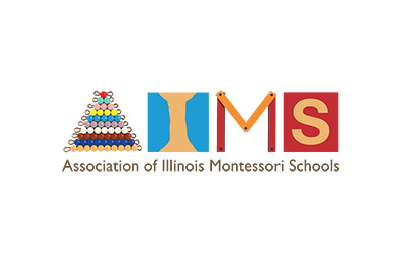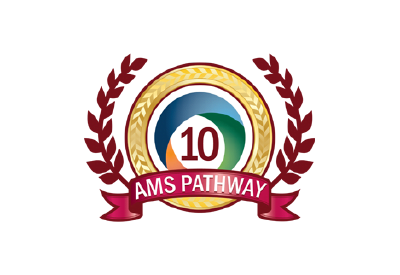How AMS Accreditation Affects Montessori Education Quality
Share this Article:
Parents often assume all Montessori schools offer the same quality simply because they follow the same philosophy. But that’s not always the case. Without consistent standards, the experience can vary more than expected. Classroom structure, teacher training, and even daily routines can look very different. AMS accreditation becomes a quiet but powerful marker of quality, bringing families more clarity about what a program truly represents.
What Is AMS Accreditation in Montessori Schools?
AMS accreditation is a recognition granted by the American Montessori Society to schools that meet a specific set of quality benchmarks. It’s a voluntary, multistep process that reviews everything from classroom design to teacher credentials to administrative leadership. Schools go through a detailed self-study, followed by an on-site visit from trained evaluators. Once accredited, schools continue to reflect, document, and strengthen their practices to remain in good standing.

Unlike simply being affiliated with Montessori, AMS-accredited schools must demonstrate a deeper commitment to Montessori principles in both philosophy and practice. This includes the use of certified Montessori teachers, authentic learning materials, and a prepared environment that supports independence and curiosity. Accreditation helps families form a more reliable picture of what to expect inside the classroom and behind the scenes.
Why AMS Accreditation Matters for Montessori Quality
Consistency is one of the most overlooked parts of a high-quality Montessori education. AMS accreditation helps maintain that consistency across schools by setting shared expectations. From the ratio of students to guides to the structure of daily work cycles, every detail is considered. When a school holds AMS accreditation, families can trust that these elements are thoughtfully designed and regularly reviewed.
This kind of framework supports more than just classroom management. It protects the learning experience itself. Children move through an environment shaped around their developmental needs, led by educators who are trained to foster independence, concentration, and intrinsic motivation. Over time, this level of care shapes the way children think, interact, and engage with their world.
AMI vs. AMS Montessori: What’s the Difference?
Families often come across two main Montessori organizations when researching schools: AMI and AMS. Both support Montessori education, but their approaches and expectations differ in a few important ways. Understanding those differences can help clarify what to look for in a school.
| Feature | AMI (Association Montessori Internationale) | AMS (American Montessori Society) |
|---|---|---|
| Founded By | Dr. Maria Montessori | Nancy McCormick Rambusch |
| Curriculum Flexibility | Strict adherence to original methods | Allows thoughtful adaptations for U.S. needs |
| Teacher Training | AMI-certified programs only | AMS or MACTE-accredited programs |
| Accreditation Process | Less common among U.S. schools | Widely used, with a structured review process |
| Classroom Requirements | Specific materials and layout | Core materials, flexible implementation |
Both models share core Montessori principles, but AMS offers more flexibility while maintaining strong standards through accreditation.
How AMS Accreditation Ensures High Standards
Accredited Montessori schools carry responsibilities that reach beyond daily classroom routines. AMS accreditation sets a high bar for how a school functions in areas like academics, leadership, and ethics. It begins with a self-study that encourages thoughtful reflection across every part of the program. Trained evaluators then visit the school, observe classrooms, and speak directly with staff and administrators.
This process continues long after the first approval. Accredited schools are expected to document growth, adjust their practices, and complete follow-up reviews. Families benefit from this built-in accountability. When they visit, they step into a space where key elements have already been thoughtfully planned, including teacher preparation, classroom flow, student-to-adult ratios, and approaches to social development. These structures help create a focused, consistent learning environment that supports each child’s development.
Benefits of an AMS-Accredited Montessori School
Parents often notice a calm, focused energy when walking into an AMS-accredited school. That atmosphere doesn’t happen by accident. It comes from a foundation of standards that guide everything from teacher development to daily routines. Families can expect:
- Certified Montessori educators trained through AMS or MACTE-accredited programs
- Classrooms prepared to support independence, concentration, and exploration
- Mixed-age groups that encourage leadership and peer learning
- Materials and lessons that align with developmental stages
- A culture of ongoing reflection and growth within the school staff
- Transparent communication and family partnership as part of the school’s values
These benefits create a learning environment that feels consistent, purposeful, and welcoming. Over time, that environment helps children build confidence, curiosity, and a lifelong love of learning.
How to Confirm a School’s AMS Accreditation
Families looking for an authentic Montessori experience typically ask how to know if a school truly meets AMS standards. Accreditation status isn’t always obvious during a tour or on a brochure, but checking is simple and worthwhile.
1. Visit the AMS School Locator. Go to amshq.org and use the “Find a School” tool. Search by zip code, city, or school name.
2. Look for the Accreditation Badge. Accredited schools will display a specific AMS accreditation badge on their profile, distinct from general membership.
3. Ask the School Directly. During a visit, ask how long the school has held AMS accreditation and what that means for their staff and classrooms.
A credible program will welcome the conversation and share how it supports quality at every level.
Discover AMS Excellence at Mansio Montessori

At Mansio Montessori, AMS accreditation reflects the care and thought behind every part of the school experience. It is present in the way classrooms are prepared, the way lessons unfold, and the way our team supports each child’s development. Families choosing our programs are stepping into a community grounded in both Montessori tradition and consistent, high-quality practice.
Our team includes certified Montessori educators who bring deep experience, quiet confidence, and respect for each child’s unique journey. The standards set through AMS accreditation give them the structure to focus on what matters most: nurturing independence, curiosity, and growth.
To learn more about our programs or see the environment in person, we invite you to contact us to enroll or schedule a tour. We welcome the opportunity to share what makes Mansio Montessori feel like home.
